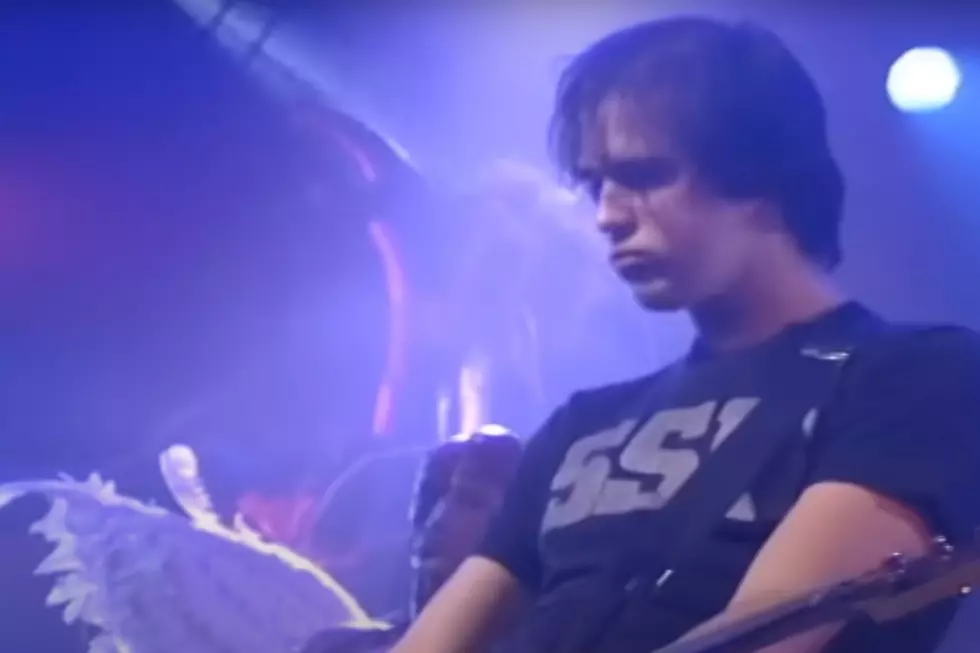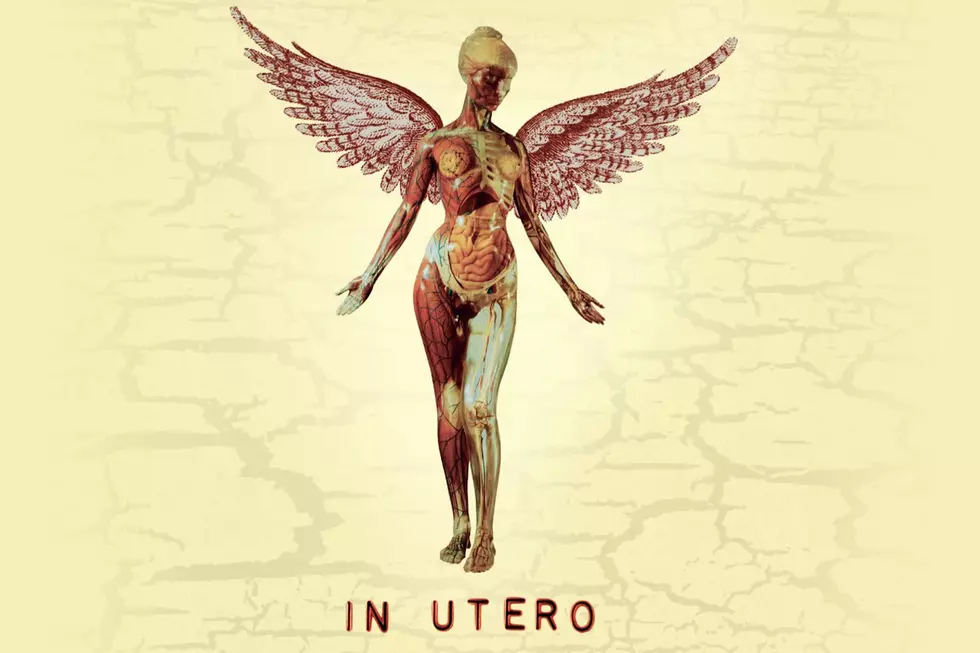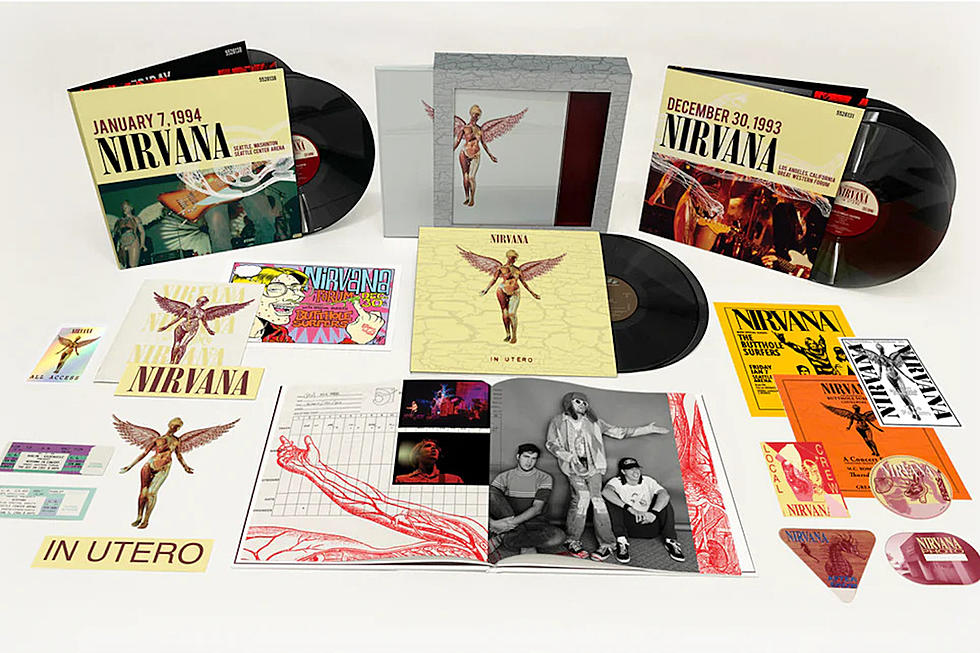
The Day Kurt Cobain Overdosed and Went Into a Coma
In a shocking event that eerily foreshadowed the incomprehensibly tragedy of his death one month later, Nirvana frontman Kurt Cobain slipped into an overdose-induced coma on March 3, 1994.
Cobain's wife, Hole leader Courtney Love, joined her husband that day in Rome while he was convalescing from a rather sudden throat ailment. His voice had given out a few days before, causing the cancellation of his band’s highly touted European tour. According to Love's December 1994 interview with Rolling Stone, Cobain had been severely depressed before her arrival in Italy, telling her over the phone that “he hated everything, everybody. Hated, hated, hated. He called me from Spain, crying. I was gone 40 days. I was doing my thing with my band for the first time since forever.”
The pair spent the night dining in on room service and sharing a rare bottle of champagne. The next morning when she awoke around 5:30AM, Love found Cobain lying on the floor near the bed completely unresponsive. Apparently, in addition to the food and alcohol, he had ingested an alarming amount of the drug Rohypnol – “50 fucking pills,” recalled Love – and had overdosed. Love frantically called down to the front desk and an ambulance was summoned taking Cobain to Umberto Polyclinic Hospital. Upon arrival, his stomach was pumped and emptied. Shortly thereafter he was moved to Rome American Hospital where he regained consciousness a few hours later.
For years debate has raged over whether this incident was just another in a series of accidental overdoses on the part of Cobain, or whether it might have been a legitimate suicide attempt. Love herself is convinced of the latter theory, recalling that, “there was a definite suicidal urge, to be gobbling and gobbling and gobbling [pills]. Goddamn, man.” Love also asserted that Cobain left a note, which claimed in part to read, “Dr. Baker says I would have to choose between life and death. I'm choosing death.”
Proponents of the opposing view cite the fact that the incident was never characterized as a suicide attempt until after Cobain took his own life a month later on April 5, 1994. They also cite the opinion of the doctor who attended to the singer when he was brought into the hospital. He has rebutted Love’s account of how many pills Cobain had ingested, stating in the book, Love and Death: The Murder of Kurt Cobain, “We can usually tell a suicide attempt. This didn't look like one to me.”
For their part, Cobain’s own management company, Gold Mountain, continues to hold that the incident in Rome was not a suicide attempt while simultaneously acknowledging that a note written by him was indeed left behind. Whatever did happen, it presented an alarming warning sign that many failed to take full heed of, ultimately resulting in one of rock’s greatest tragedies.
Rockers Who Died at Age 27
More From Ultimate Classic Rock









